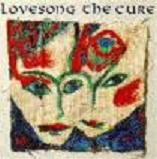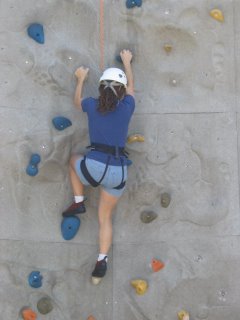The article, from Poets & Writers, is about disappointing writing contests. Disappointing for the organizers that is. In fact, so disappointing that sometimes they cannot find a winner. The article, Press Offers Refund, and Then Some says:
Much to the chagrin of writers everywhere, there is no longer anything particularly shocking about a literary contest that fails to yield a winner. When W.S. Merwin announced that he couldn't find a worthy manuscript to win the Yale Series of Younger Poets in 1997, many writers--including some of the nearly six hundred who entered the contest--could barely contain their outrage. Since then, however, the winnerless contest has become a fairly common occurrence.
As opposed to most of the contests that "failed to yield a winner" and didn't refund the contest fee, Winnow Press (while still not finding a winner) did not only refund the entry fees, but also "postage costs, and returning all of the manuscripts that were entered in the contest, along with a complimentary poetry chapbook or fiction book published by the press."
Two things are at the heart of the matter as I see it from the article:
The first, the issue of contest entry fee refund. I've already mentioned in a previous post about writing contests that I don't particularly like contests and don't enter contests with an entry fee. It is my choice of course. But for those who choose otherwise, I urge to pay attention to the terms of the contest. Is the fee non-refundable? What are the copyright terms? Is it worth it? Keep in mind that not all contest organizers are like Winnow Press.
The second thing, and perhaps the bigger issue, is the fact that so many contests are winnerless. That is, the quality of the submissions, the mss is poor. This is something that is hard to hear. Could it be that in this internet age where any person who ever dreamt of being a writer now tries his/her luck? Could it be that the editors, the judges' expectations are unreasonable - a ms. that requires hardly any editing?
To contrast that, I will quote a local writer, Mark Leslie. In his blog about an anthology -North of Infinity - he's currently editing he says the following:
However, this is the first time I can ever remember going through an open submission reading phase and not receiving a single submission that wasn't good in some way. There wasn't a single story sent in to me that wasn't a good piece of writing, or a good story, or an idea that I found fascinating.
That, in and of itself, made the reading of unsolicited submissions extremely satisfying.
So perhaps not all is lost...
Categories: writing, contest, buisness






